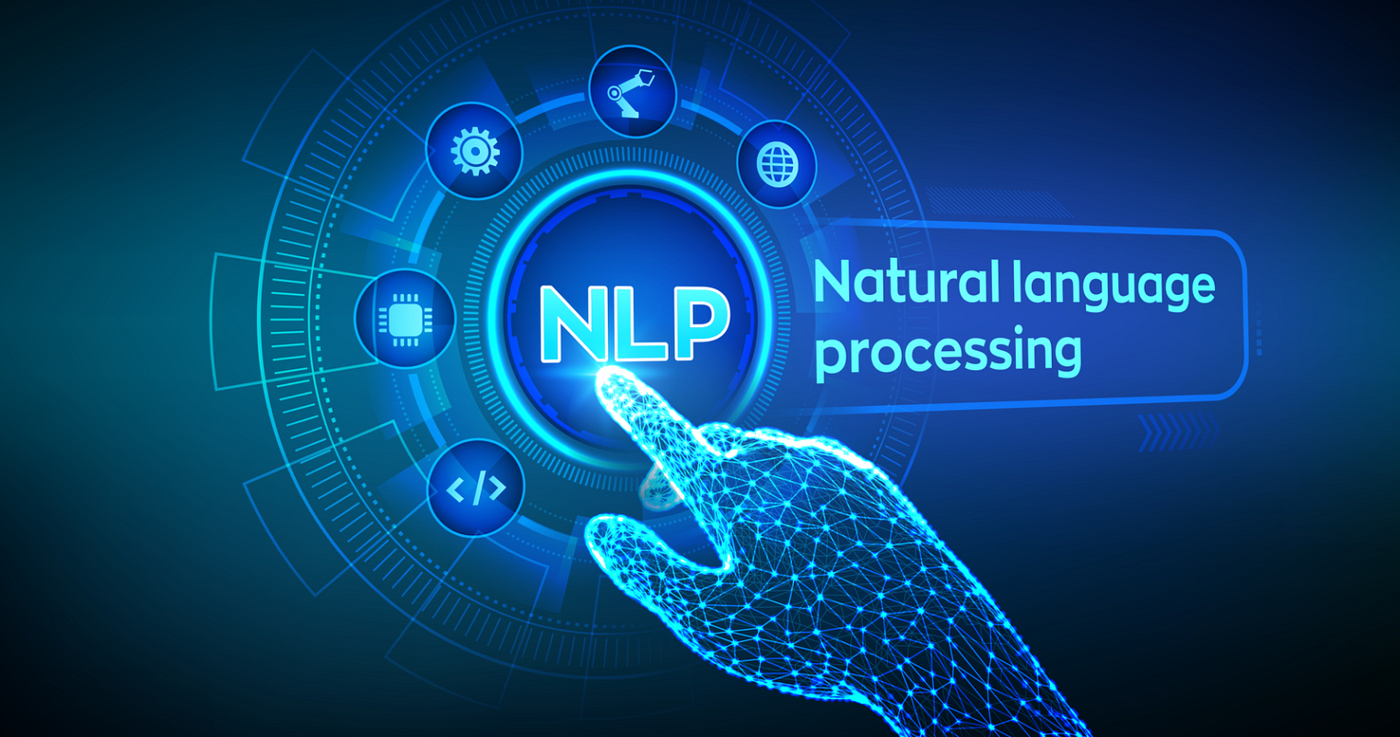How AI Transforming Mobile App Functionality Beyond Features?
It’s no longer enough for an app to simply function it must deliver a seamless, intelligent experience. The integration of AI is not just enhancing mobile apps; it’s redefining how they operate. In this blog, we explore how AI is transforming mobile app functionality beyond traditional features, pushing the boundaries of user engagement, personalization, and operational efficiency.
AI transforming mobile app functionality
User experiences
With AI integration, experiences are becoming adaptive and responsive. Machine learning algorithms analyze user behavior in real-time, enabling apps to suggest relevant content, services, or actions. E-commerce platforms adjust product recommendations as users interact with different items. These smart capabilities lead to more meaningful interactions and greater user retention.

Advanced personalization at scale
It dynamically adapts interfaces, messaging, and workflows based on individual preferences and behaviors. By analyzing contextual data location, usage patterns, and engagement metrics, AI ensures each user journey feels tailor-made. This deep level of customization not only improves satisfaction but also increases conversion rates.
Intelligent automation & predictive analytics
AI automates repetitive tasks and introduces predictive functionality, enhancing operational flow within mobile apps. Banking apps detect unusual transaction patterns and alert users immediately, improving security and trust. Predictive analytics helps apps proactively meet user needs rather than reacting after the fact. This shift from reactive to proactive app behavior is a hallmark of AI-powered mobile development.

Natural language processing
Users now expect to interact with apps using conversational commands rather than navigating complex menus. NLP-powered systems enable seamless voice searches, virtual customer support, and multilingual communication. This human-like interaction simplifies complex tasks and makes mobile applications more accessible to diverse audiences.

Security using AI algorithms
Machine learning models analyze behavioral patterns to identify threats in real-time. Biometric authentication powered by AI such as facial recognition and fingerprint analysis has made login processes both secure and convenient. Moreover, anomaly detection systems can monitor login activities and financial transactions to flag potentially fraudulent behavior, thereby reinforcing user confidence.

Continuous learning & app evolution
They gather insights from user interactions and refine their algorithms to deliver better outcomes. This learning loop ensures that applications remain relevant, efficient, and aligned with user expectations. For developers, this means reduced need for frequent updates or manual tweaks. The system learns organically and improves over time, making apps more sustainable and scalable.
Conclusion
From personalization and automation to security and predictive analytics, AI is transforming mobile app functionality in profound ways. Forward-thinking businesses that embrace AI-driven development can offer richer experiences, deeper engagement, and smarter services. By shifting the focus beyond basic features and leveraging AI’s potential, mobile apps can evolve into intelligent platforms that truly serve the needs of their users.
